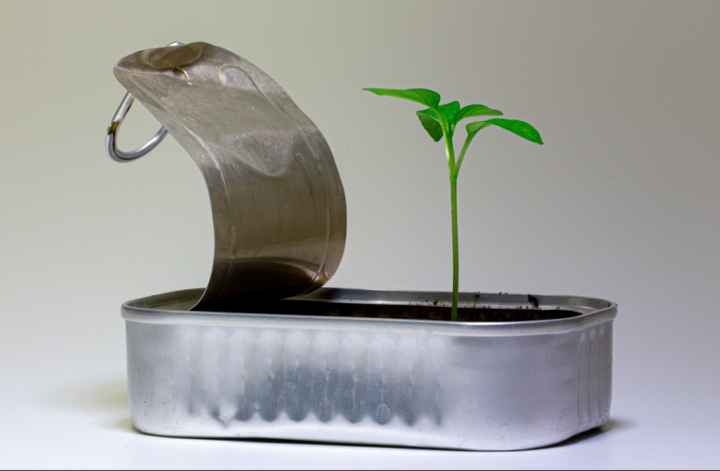Evie and I recently had the pleasure of speaking with Adam Warburton, a seasoned figure in the product world. Currently serving as the chief product officer at Vypr, Adam’s wealth of experience spans larger corporations, like Co-op, down to being a product trainer and organiser at ProductTank Manchester. Adam shared his perspective on transitioning from large organisations to a scale-up and the differences in product culture, providing valuable insights that can shape the trajectory of numerous professionals’ careers.
## Bridging the Gap
Adam’s fascinating transition from a large organisation to a scale-up, lent to intriguing insights about the dynamics of both scenarios. While many may romanticise the idea of working in a startup due to its dynamic nature, Adam clarifies that there are inherent challenges to consider. He explained that different roles come with their own unique set of challenges, and one must choose where they fit best.
In larger companies, the challenges lie in complex stakeholder management and the need to explain and uphold certain procedures and frameworks. The dynamics of startups, however, require a completely different skill set, emphasising concerns such as financial reality and the need for a high-performing, compact, and adaptable team.
## The Power of Flexibility and A Bias for Action in a Scale-up
Adam noted that his journey in a scale-up required a new approach, shedding formalities and relying more on quick, agile decisions. With the fast-paced nature of startups, frameworks that are deemed necessary in large organisations tend to be less rigidly implemented. Instead, companies place more value on achieving alignment on what is crucial and necessary for growth and success, which expedites work-efficiency.
The need for swift, impactful actions necessitates a shift away from traditional work patterns. In smaller organisations, the complexity lies in delivering powerful products with limited resources, which requires flexibility to address and adapt to constantly changing situations.
Notably, having a bias for action and being impact-obsessed sets the groundwork for a winning team. This does not imply excessive working hours but rather ensuring tasks are done productively – a recipe for work-life balance in a startup.
## The Influence of Leadership in a startup
Nonetheless, Adam’s experience does not idealise working in a scale-up without acknowledging its potential drawbacks. The fast-paced environment can be intimidating for those who are more accustomed to methodical and slow-paced work patterns. Adam advises potential candidates to observe the behavior and ethics of the leadership of the startup they’re considering, as these are significant indicators of the work culture.
In summary, whether one thrives in a large organisation or in a scale-up ultimately boils down to adaptability, resilience, and the willingness to unlearn and relearn. One of the key takeaways from our conversation with Adam is that the measure of success isn’t necessarily based on conforming to a specific framework or practice but on the individual’s ability to understand, integrate and balance the demands of both efficiency and adaptability.
